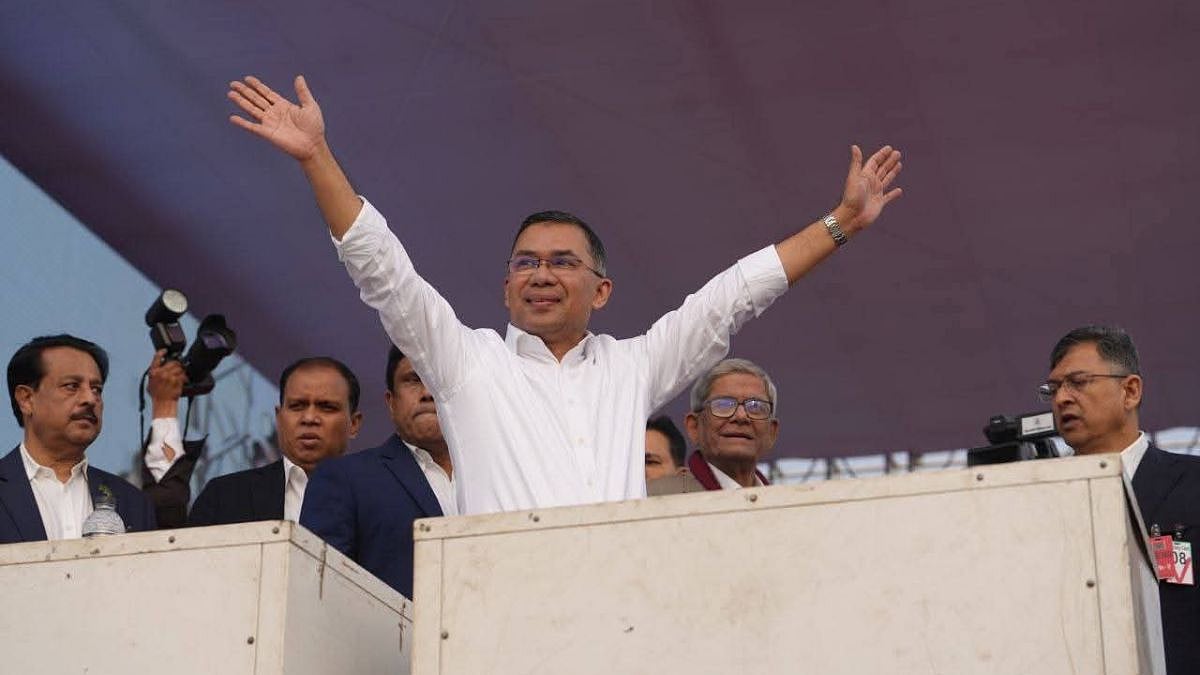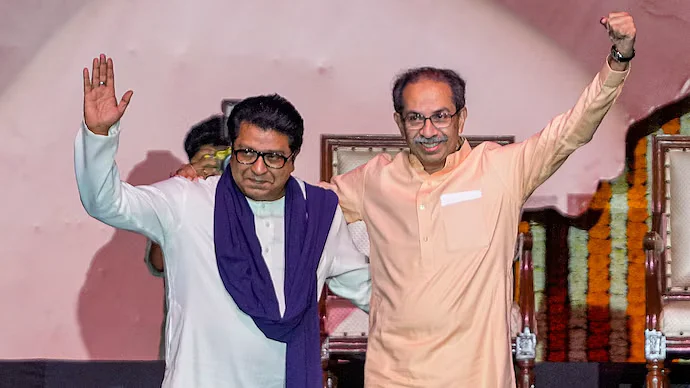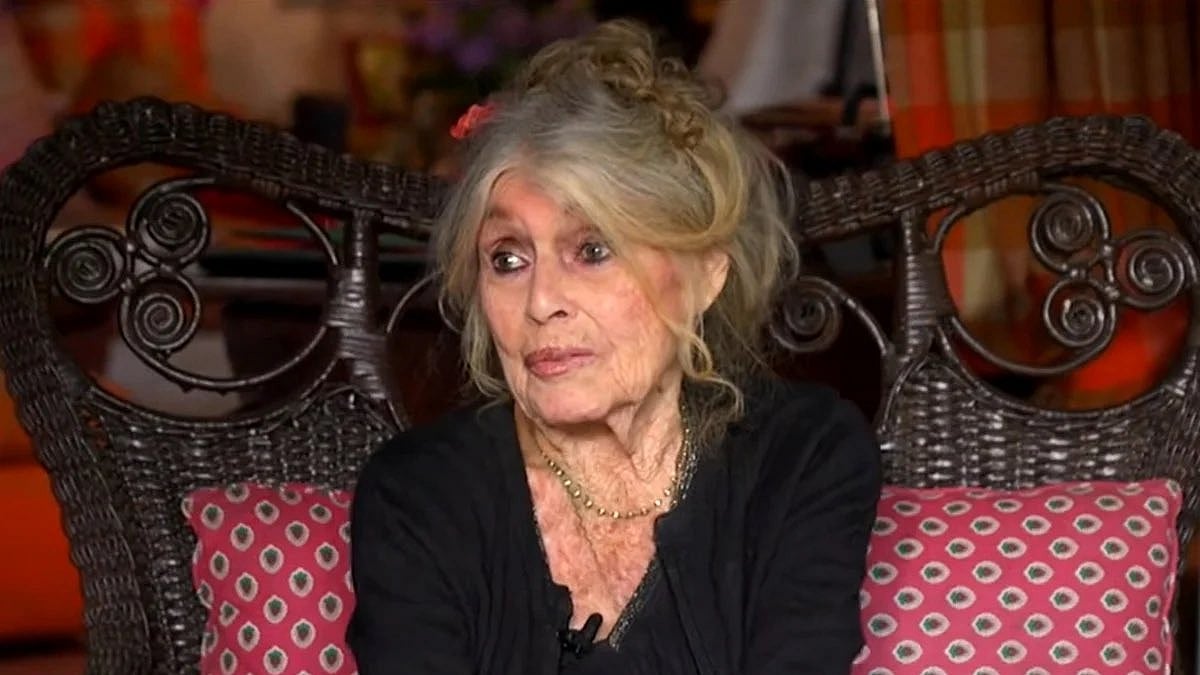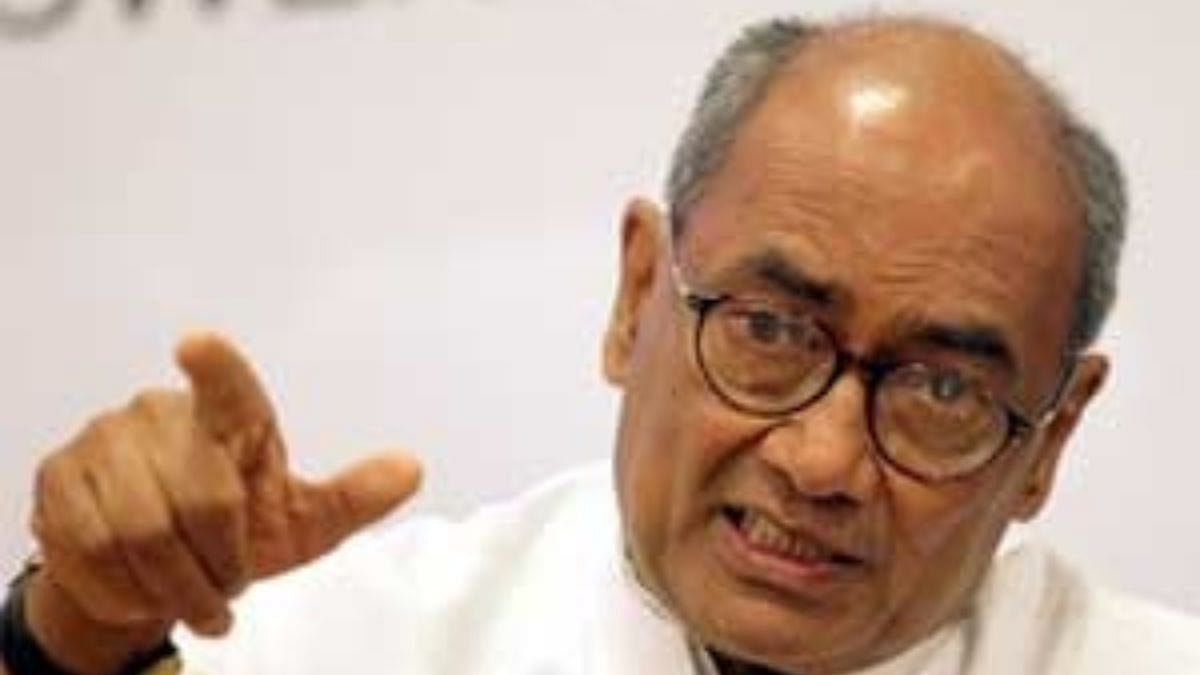The British Parliament has entered into summer recess and the fight to succeed Prime Minister Boris Johnson has entered the final round. The race to the top job is between Rishi Sunak and Liz Truss and they have just a few weeks to convince the members of the Tory Party — believed to number around 160,000 (0.3 per cent of the electorate) — to vote for them. What the Tory members want is a true-blue Conservative who will do everything differently from Johnson in terms of telling the truth and abiding by the law. They also want a prime minister who will lower taxes and is able to win an election in 2024, just as Johnson did in 2019 with a large majority.
The gloves are off and the fight has already seen intrigues and revelations in this battle between two political opponents from the same camp who are vying to become the UK’s next prime minister. It was Rishi Sunak’s resignation as chancellor of the exchequer early last month that triggered the disintegration of Johnson’s government and forced him to step down. Now, this is exactly what is dragging him down. The son of a well-do-family with Indian roots, he has had his eye on the top job for some time. Sunak earned his fortunes as a hedge fund manager at Goldman Sachs. His wealth has been a focus of attack by his detractors.
The Tory party members do not detest riches. They are also not traditionally hostile to the idea that moneyed people have nice stuff. But they do expect their politicians to pretend modesty and some sense of understanding of how ordinary people live, more so in times of inflation and a cost-of-living crisis. In this respect, Sunak often blunders: his attempts to present himself as a man of people, one who understands how hard inflation and rising cost of living are hitting British families, often backfire. His supporters, however, praise him for his “sound” economic policies - he wants to stabilise the national debt and has refused to promise any tax cuts, except income tax cut from 20 per cent to 16 per cent over the next seven years.
On the other hand, foreign secretary Liz Truss, who stuck it out in the cabinet and remained on Johnson’s side till the end, has been appreciated by Johnson’s supporters in the party for not betraying him. Her loyalty to Johnson, despite the never-ending scandals, is giving Truss a clear lead in the party’s internal opinion polls. Truss has been signalling her leadership ambition for quite some time. The Conservatives consider themselves as the party of low taxes and less state intervention, and for them, Truss represents the nostalgic Tory era of Margaret Thatcher.
Pulling out all stops to appeal to the grassroots party workers, she has promised tax cuts of 30 billion pounds, claiming that this will promote economic growth and the cuts will finance themselves. This is very much in line with the Tory doctrine. But the flip side to her careful positioning as a model Conservative is that she is not a diehard Tory; once upon a time she was an active Liberal Democrat and in the battle for Brexit she campaigned for Britain to remain in the European Union. Now, she presents herself as a hardline Brexiteer, describing her former political position as a mistake. This is because in today’s Conservative party, only the hardline Brexiteer stands a chance to win the leadership contest.
As expected, the battle to become the UK’s prime minister descended into fierce clashes last week as Rishi Sunak and Liz Truss launched repeated attacks on each other’s economic policies in their first head-to-head TV debate on BBC. The two prime ministerial hopefuls traded blows over tax cuts, China and inflation, with the former chancellor accusing the foreign secretary of seeking “a short-term sugar rush” by cutting national insurance. The exchanges at the BBC debate followed a weekend of deeply personal attacks, with Sunak criticised over his wealth and wardrobe, and Truss labelled economically illiterate.
Although he comfortably won the leadership race among Tory MPs, Sunak is widely seen as needing to recover a lot of ground to win over the Conservative membership, who will vote from August 5, with the winner due to be announced on September 5. With Truss as the favourite to win after a series of opinion polls and surveys put her firmly ahead with party members, Sunak is under pressure to make an early breakthrough. While the debate was particularly bad-tempered, with the former chancellor frequently interrupting Truss and vice versa, the tensions that have been building between the two hopefuls continued to manifest themselves with supporters of Truss arguing that Sunak’s interruptions were a result of his entitled background, while Sunak supporters claimed that Truss did not understand the economy.
Whoever wins the Tory leadership race faces a bleak economic outlook. Liz Truss or Rishi Sunak will be confronted with a heap of problems: inflation is high and rising; energy bills are expected to rise sharply for a second time in October; a summer of strikes has just begun; and the pound looks vulnerable on the currency markets. The economy is not in recession but is showing signs of a slowdown over the coming months. Retail sales are down and consumer confidence is at the lowest. Recent purchasing managers’ index showed manufacturing output contracting and the services sector expanding at its slowest pace since early 2021. None of this is a surprise because wages adjusted for prices are falling and the squeeze will accelerate as the annual inflation rate rises from its current 9.4 per cent to 12 per cent by October. For either Sunak or Truss, this is a nightmare.
As both candidates seek to present themselves as the reincarnation of the Tory party’s Thatcherite tradition, whoever wins the leadership contest to succeed Johnson will be the third successive Tory leader to ascend to the highest office without the inconvenience of a general election. As Sunak and Truss seek to outflank each other on the right in the contest, none look serious enough in relation to the key challenges Britain faces.
The writer is an independent Mumbai-based senior journalist. He tweets at @ali_chougule









